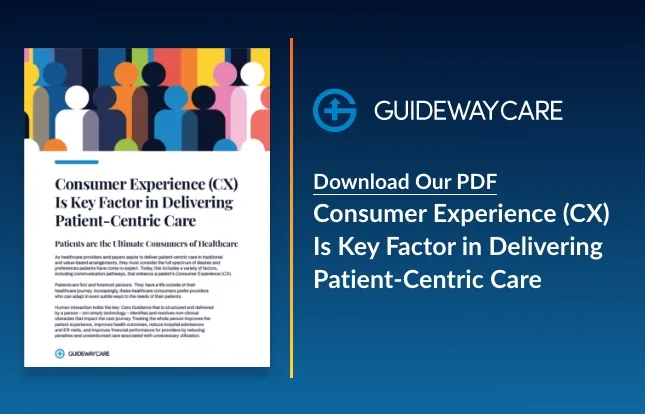A Strategic Approach to Episode Selection in BPCI Advanced

The Bundled Payments for Care Improvement (BPCI) advanced program enhances the quality of care and reduces costs through bundled payment models. Participants usually choose from 29 clinical episode types initiated by inpatient services and three initiated by outpatient services. This program offers flexibility, allowing participants to focus on strengths and capabilities. If you want to succeed in this value-based care model, here are factors to consider.
Evaluating Episode Characteristics
Each clinical episode in the BPCI advanced program has unique characteristics that can significantly affect outcomes. These characteristics include patient demographics, clinical complexity, and potential for cost savings. Evaluating these factors is essential for selecting episodes in BPCI advanced, which offers more standardization and cost reduction opportunities. However, episodes with less variability might be easier to manage and provide fewer opportunities for significant savings.
Assessing Organizational Strengths
When choosing episodes in BPCI advanced, it is vital to consider the organization’s strengths and resources. When choosing episodes in BPCI advanced, hospitals and healthcare providers should evaluate their clinical expertise, existing care processes, and past performance. If an organization has a strong cardiology department and is successful in cardiovascular episodes, leveraging these strengths can lead to more effective care management and better patient outcomes.
Understanding Patient Population
The patient population for each episode type varies, influencing care delivery and financial outcomes. Participants should assess the demographics and health status of the patients associated with each episode. Factors such as age, social determinants of health, and existing conditions can affect the complexity and cost of care. Understanding the specific needs and challenges of the patient population helps tailor targeted interventions and support services that improve outcomes and patient satisfaction.
Implementing Data-Driven Decision Making
Last, data analytics is a powerful tool for selecting episodes in the BPCI advanced program. Participants achieve this by leveraging data, which helps them identify patterns, predict outcomes, and make informed decisions. This involves analyzing historical data on episode costs, utilization, and patient outcomes. In addition, advanced analytics can also help identify high-impact areas for improvement and monitor performance over time. Using data-driven insights ensures that episode selection is based on evidence rather than intuition for more successful participation.
Choosing episodes in the BPCI advanced program requires a strategic and comprehensive approach. Contact us at Guideway Care for professional guidance on a suitable operating model that ensures seamless implementation and execution. With the help of our care guides, participants can make informed decisions aligning with their goals and capabilities. This strategic selection process is crucial for achieving success in the BPCI advanced program, ultimately improving care quality without increasing healthcare costs.
Contact Us Today To Learn How We Can Help
"*" indicates required fields




